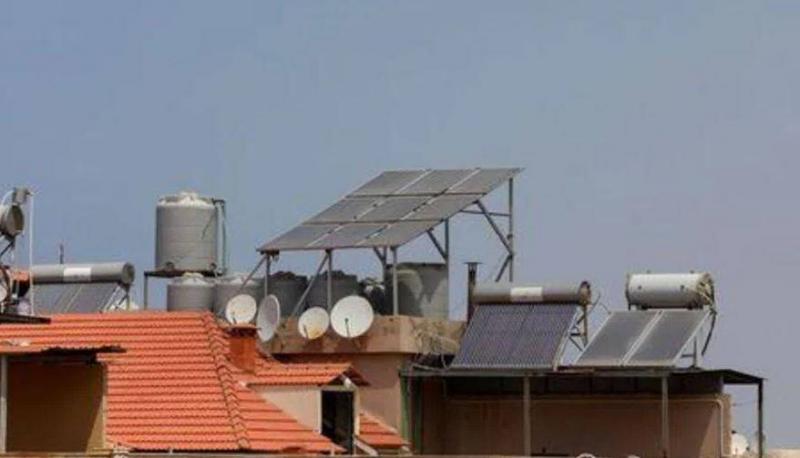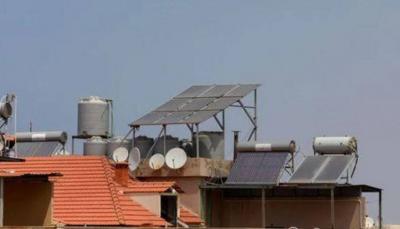Amid the worsening fuel crisis in Lebanon and increasing power outages, Lebanese citizen Mohamed Shehab found solace in installing a solar energy source in his home to provide electricity to his family around the clock. While the country suffers from what the World Bank describes as one of the deepest recessions recorded in modern history, government electricity is barely available for a few hours a day due to fuel shortages. Mohamed Shehab, a drone operator in his thirties, said, "The stress and pressure on us when the electricity goes out, whether from family or on yourself when you return home and find no electricity, no light, and no drinking water, especially in the summer, is sufficient reason to search for an alternative to secure electricity."
Although the renewable energy solution is not new to Lebanon or the world, it has become more popular in Lebanon in recent months despite the ongoing economic and financial crisis that has plagued the country for nearly two years, causing the local currency to lose more than 90 percent of its value. One company installing solar panel systems, Mectric Engineers, has had to double its workforce, increasing from two teams to four. According to its co-founder and manager, Alan Bou Nasr, half of the callers seeking information are now purchasing the systems—compared to "perhaps five percent" previously. Bou Nasr stated, "This month, the phone hasn't stopped ringing. We were forced to expand the implementation team. We had two implementation teams; now we've gone up to four because more people are turning to solar power out of necessity due to the lack of electricity."
He added, "I mean, I say unfortunately, we have to wait for this crisis for people to turn to clean and sustainable alternative energy... The positive thing is that people have become aware of this (solution) and discovered that in Lebanon we have more than 300 sunny days and that we can rely on the sun; that's a positive thing, and people are starting to install it. I hope this practice continues and remains in people's minds from one generation to the next."
The exacerbating fuel crisis in Lebanon has reached uncontrollable levels, forcing bakeries, companies, and hospitals to either reduce their working hours or close entirely, making life even more difficult for Lebanese who are already suffering from the fallout of the financial collapse. Fuel oil has disappeared from the markets, and Lebanese sweat in their homes without lighting or air conditioning, naturally discarding the contents of their cooling devices (refrigerators) while being forced to stand in long lines at gas stations for gasoline, which has become a rare commodity.
The financial crisis that erupted in late 2019 continues to deteriorate due to decades of corruption and mismanagement by a ruling elite that has failed to find solutions, with more than half of Lebanese people falling into poverty. In the latest political failures, the government entered into a dispute with the central bank over its decision to stop fuel subsidies, a move that would lead to a significant spike in prices.




